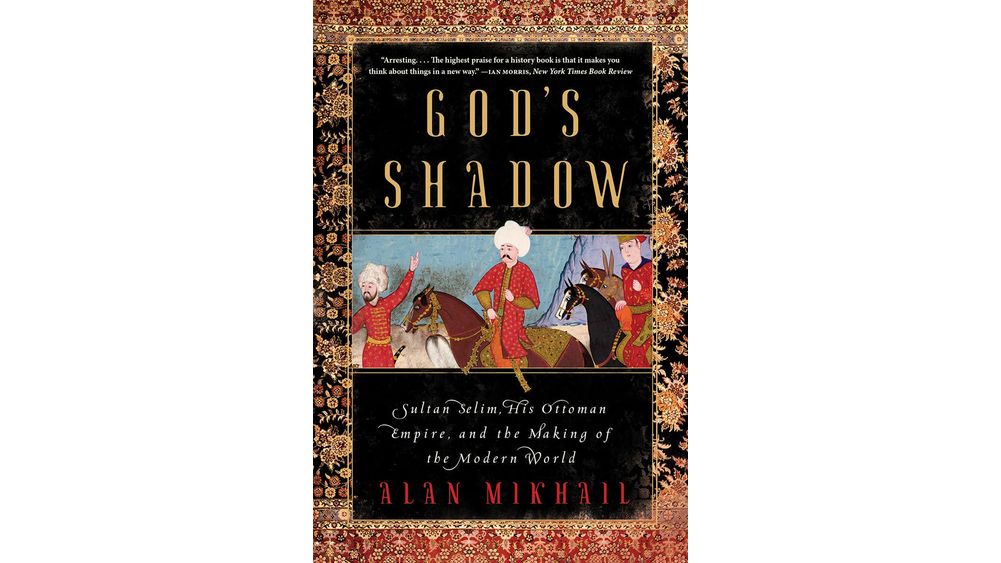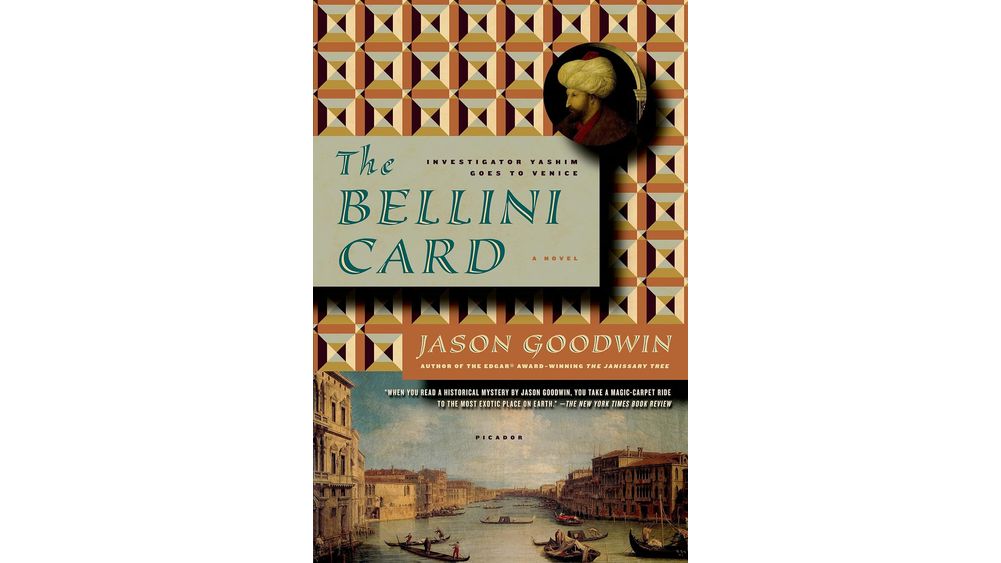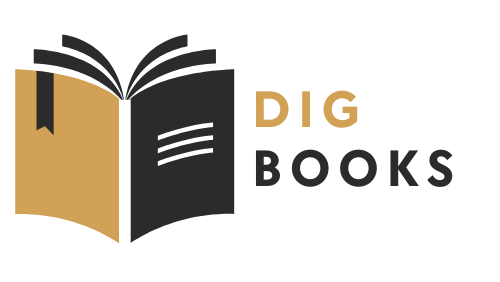Top 3 Unmissable Best Ottoman Empire Books 2024
Top 3 Unmissable Best Ottoman Empire Books 2024
Venturing into the historical tapestry that spans centuries, the Ottoman Empire holds a fascination for readers around the globe. In my quest as a seasoned book curator, I’ve traversed the landscape of literature to bring to you the Best Ottoman Empire Books that offer a gateway into the complexities and marvels of this empire that once stretched across three continents. Each selection has been carefully picked, weaving together both critical acclaim and reader adoration, to ensure that your journey through the Ottoman era is as enlightening as it is mesmerizing.
Key Points:
- The article presents a curated list of the top 5 best Ottoman Empire books for readers interested in exploring its history.
- Each book selected offers a unique perspective on the Ottoman Empire, ranging from scholarly analyses to historical mysteries.
- The selected books delve into various aspects of Ottoman history, including the reign of Sultan Selim, daily life, and geopolitical shifts.
- The books aim to provide readers with a comprehensive understanding of the Ottoman Empire’s impact on the modern world.
- Fiction books, like The Bellini Card, are highlighted for their ability to offer accurate historical insights through engaging narratives.
- The article emphasizes the significance of understanding Ottoman history for comprehending modern Middle Eastern geopolitics.
- These books cater to a wide audience, including history buffs, scholars, and casual readers, offering a gateway into the complexities and fascination of the Ottoman Empire.
With each book, we’ll embark on a distinct journey, delving into the empire’s rich history, its profound impact on the modern world, and the intricacies of daily life within its territories. From detailed historical analyses to captivating narratives that breathe life into the figures that shaped its course, these books stand as beacons of knowledge and insight.
Join me on this literary adventure, as we uncover the layers of history and the vibrant culture of the Ottoman Empire through the pages of these remarkable works.
Discovering the Ottoman Empire Through Literature
In a universe as vast as literature, discovering the Ottoman Empire through its pages offers a unique and engaging portal into the past. Each book selected for this journey provides not just factual history but a storied tapestry that allows readers to immerse themselves in the world of Sultans, battles, and the daily life of a bygone era. From scholarly analyses to narratives that trace the contours of empire, these selections aim to enlighten and inspire.
1. God’s Shadow: Sultan Selim, His Ottoman Empire, and the Making of the Modern World by Alan Mikhail

Alan Mikhail’s “God’s Shadow” throws light on Sultan Selim’s reign and its undeniable influence on the modern world, connecting pivotal historical moments directly to the Ottoman Empire. Mikhail crafts an impressive narrative that, akin to “Guns, Germs, and Steel”, attempts to unravel the intricacies of history, only this time, through the lens of the Ottoman Empire between 1480 and 1520.
Pro:
- Offers a broad overview of pivotal global events connected to the Ottoman Empire’s influence.
- Engaging storytelling that makes history accessible and compelling.
- Beautifully designed book with maps and artwork that enhance the reader’s experience.
Contra:
- The grand claims may feel overstretched to some readers.
- It requires readers to have a certain base level of historical knowledge to fully appreciate the narrative’s depth.
- The focus on a specific timeframe might leave readers wanting more on the overall history of the Empire.
I recommend this book to you if:
- You’re fascinated by world history and its interconnectedness.
- You appreciate books that are both informative and visually appealing.
- You enjoy deep dives into specific historical periods with lasting global impact.
2. Levant by Philip Mansel

Philip Mansel’s “Levant” is like a meticulously detailed painting of the Eastern Mediterranean, highlighting its cities’ vibrancy and turmoil through the centuries. Mansel masterfully intertwines the “big picture” of geopolitics with intimate family stories, providing a richly woven narrative that brings to life the diversity and complexity of the Levant.
Pro:
- Brilliantly connects personal stories to larger historical events.
- Offers an easy-to-read guide through more than 300 transformative pages.
- Creates a vivid, sensory experience akin to traveling through time in the Levant.
Contra:
- Some may find the book’s lengthy detail overwhelming.
- A few readers might seek more focus on specific historical events over personal stories.
- The vast scope may leave some wanting deeper analysis on certain topics.
I recommend this book to you if:
- You’re intrigued by the historical interplay between personal and geopolitical narratives.
- You enjoy rich, descriptive storytelling.
- You’re curious about the evolution of societies and cultures in the Mediterranean area.
3. The Bellini Card by Jason Goodwin

Jason Goodwin’s “The Bellini Card” immerses readers in the atmospheric and intriguing world of the Ottoman Empire, blending mystery and history in the bustling streets of mid-1800s Istanbul and beyond. The story follows investigator Yashim Togalu in a whimsical yet gripping journey from Istanbul to Venice, chasing a lost painting amid murder and conspiracy.
Pro:
- Offers a rich historical atmosphere combined with a compelling mystery.
- Vividly portrays two iconic cities, Istanbul and Venice, with a sharp historical lens.
- Balances authenticity with accessibility, making the complex setting engaging for readers.
Contra:
- The whimsical tone might not suit all readers looking for a serious historical read.
- Yashim, the protagonist, may feel underdeveloped to some readers interested in deep character exploration.
- The splitting of the narrative between locations could disrupt the flow for some readers.
I recommend this book to you if:
- You’re a fan of historical mysteries with rich settings.
- You enjoy stories that juggle different locations and narratives smoothly.
- You appreciate light humor intertwined with historical facts.
Why These Books Stand Out
The Best Ottoman Empire Books selected for this list stand out for several reasons, each offering a unique window into the past that differs in scope, perspective, and literary style. What makes them particularly special is their ability to combine factual historical insights with engaging narratives, enriching the reader’s understanding of the Ottoman Empire while ensuring an entertaining and memorable reading experience.
Insight into Ottoman History
The books selected provide an immersive plunge into the depths of Ottoman history, offering readers a rich tapestry of cultural, political, and historical narratives that have shaped the modern world. “God’s Shadow”, for instance, enriches our understanding of how Sultan Selim’s conquests laid the foundations for an empire that straddled three continents. Through detailed chronicles and captivating storytelling, these works shine a light on the intricate dynamics of power, religion, and society within the Ottoman Empire.
Each of these unmissable selections serves not only as a window into the past but also as a mirror reflecting the continuous influence of Ottoman legacies on contemporary geopolitics and cultural dialogues. They dissect the empire’s multifaceted impacts from the bustling markets of Istanbul to the battlefields of Europe, offering a comprehensive understanding that is both scholarly and accessible. Through meticulous research and engaging prose, these books unravel the complexities of Ottoman rule, providing unparalleled insights for enthusiasts and scholars alike.
Diverse Perspectives
One of the most compelling aspects of this collection is the breadth of viewpoints it encompasses. From the grand strategist Sultan Selim to the detailed daily life in a Turkish family, these books collectively offer a panoramic view of an empire at the crossroads of the world. “Levant” and “Portrait of a Turkish Family” particularly stand out for presenting contrasting views – one from the angle of geopolitical shifts and the other from the intimate quarters of a dwelling amidst war and change. Such diversity enriches our comprehension and challenges us to think critically about history’s narratives.
Additionally, the inclusion of “The Bellini Card”, a historical mystery novel, serves as a reminder that history can be explored through various genres, each offering unique insights and emotional connections to the past. This blend of academic and literary approaches encourages readers to engage with Ottoman history from multiple angles, fostering a deeper understanding and appreciation.
The selection also makes a nod towards inclusivity, ensuring that different types of readers – whether history buffs, academic scholars, or casual readers intrigued by the past – will find a gateway into the complex and fascinating world of the Ottoman Empire. This varied roster not only caters to a wide audience but also highlights the importance of examining history through assorted lenses, making the narrative all the more enriching and relatable.
FAQs
1. Why is the Ottoman Empire significant in world history?
The Ottoman Empire is significant in world history due to its vast territorial expanse and profound influence on the politics, culture, and economics of three continents over six centuries. Its strategic position bridged the Eastern and Western worlds, fostering unparalleled cultural exchanges and setting the stage for modern global interconnections.
2. Can fiction books provide accurate historical insights?
Fiction books can indeed provide accurate historical insights, especially when authors conduct thorough research. They often explore the nuances of historical events and figures with a depth that textbooks may overlook, bringing living, breathing humanity to the bare facts of history. [1]
3. How do these books help understand modern Middle Eastern geopolitics?
These books help understand modern Middle Eastern geopolitics by tracing its roots back to the Ottoman Empire, which laid much of the geopolitical and cultural groundwork for the region. Through historical analysis, they elucidate how past legacies impact current events and relations in the Middle East.
4. Are these books suitable for academic study?
Yes, these books are suitable for academic study, as they offer well-researched insights and thoughtful analyses of the Ottoman Empire. Scholars and students alike will find them valuable resources for understanding the complexities of Ottoman history and its lasting implications. [2]
Conclusion
Our journey through the best Ottoman Empire books concludes, but the exploration of this magnificent empire’s legacy is only beginning. Armed with insight from diverse perspectives and deep historical analysis, these books open doors to understanding the Ottoman Empire’s multidimensional impact on the world.
By examining Ottoman history through various lenses, we not only enrich our knowledge but also foster an appreciation for the intricate tapestry of human civilization. These selections, carefully curated with a blend of critical acclaim and reader admiration, stand as a testament to the empire’s lasting influence and the undying curiosity of readers like you seeking to unravel the past. [3]
Final thoughts: Whether you’re a seasoned historian or a casual reader enchanted by the allure of empire tales, the Best Ottoman Empire Books list offers a gateway into realms of discovery. May your reading journey be as enriching and captivating as the empire itself.
Warmly, and with an ever-burning curiosity for the stories of yesteryears,
Emma







